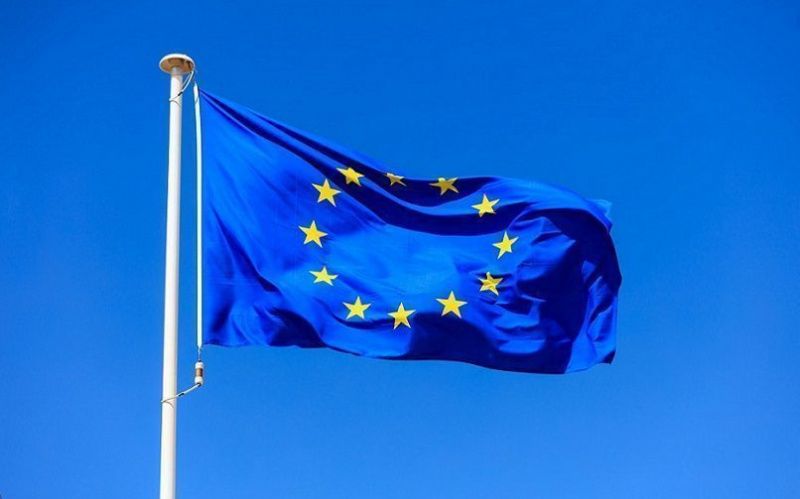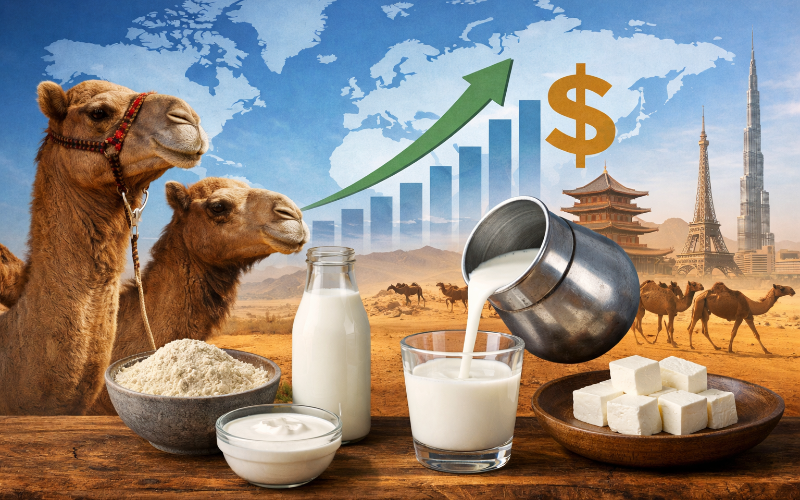EU Faces Calls to Overhaul €387bn Farm Subsidy Regime
A significant reform of the EU’s €387bn Common Agricultural Policy (CAP) is being urged by a newly released report, which calls for subsidies to be based on farmers' income rather than the size of their land. The report, commissioned by Brussels, also advocates for reducing meat production and supporting farmers in shifting away from livestock farming.

The recommendations come in the wake of intense consultations with stakeholders across the agricultural sector, and the report will be presented to European Commission president Ursula von der Leyen this week. These discussions reflect the deep divisions over the future of European farming, exacerbated by multiple crises, including extreme weather events, rising inflation, and pressure from low-cost global competitors.
The report suggests a paradigm shift in how CAP subsidies are allocated, advocating for means-tested support to ensure funds reach the farmers most in need. This marks a departure from the current system, which links payments to land size and environmental compliance. The recommendations also include initiatives aimed at reducing consumer meat consumption and voluntary buyout programs for farmers in areas of intensive animal farming.
Prof Peter Strohschneider, who led a similar consultation in Germany, chaired the dialogue process. While the recommendations are not binding, EU officials suggest they will shape the agricultural policy of the incoming commission later this year.
The report also underscores the need for broader climate action within the agricultural sector, which accounts for a significant portion of EU greenhouse gas emissions, particularly from livestock farming. Despite this, agriculture remains one of the few sectors without specific emissions reduction targets, highlighting the contentious nature of proposed changes.
As the EU seeks to balance food production with environmental sustainability, the proposed reforms could signal a shift in the future of European farming, with the CAP potentially moving toward a more income-based and environmentally conscious framework.
The report suggests a paradigm shift in how CAP subsidies are allocated, advocating for means-tested support to ensure funds reach the farmers most in need. This marks a departure from the current system, which links payments to land size and environmental compliance. The recommendations also include initiatives aimed at reducing consumer meat consumption and voluntary buyout programs for farmers in areas of intensive animal farming.
Prof Peter Strohschneider, who led a similar consultation in Germany, chaired the dialogue process. While the recommendations are not binding, EU officials suggest they will shape the agricultural policy of the incoming commission later this year.
The report also underscores the need for broader climate action within the agricultural sector, which accounts for a significant portion of EU greenhouse gas emissions, particularly from livestock farming. Despite this, agriculture remains one of the few sectors without specific emissions reduction targets, highlighting the contentious nature of proposed changes.
As the EU seeks to balance food production with environmental sustainability, the proposed reforms could signal a shift in the future of European farming, with the CAP potentially moving toward a more income-based and environmentally conscious framework.
Key News of the Week










